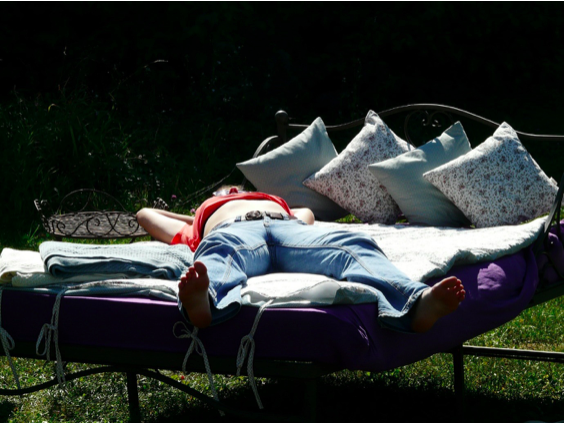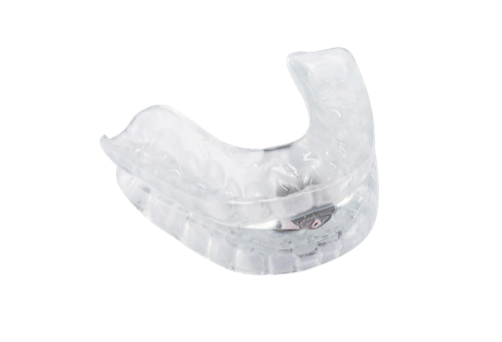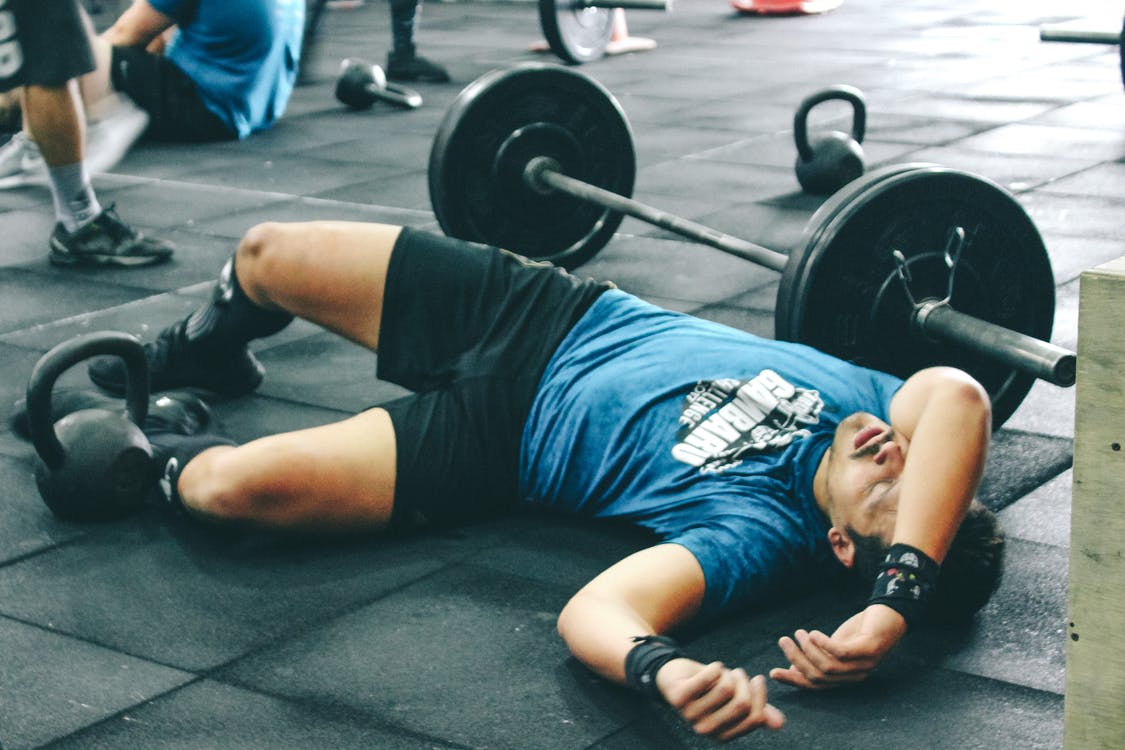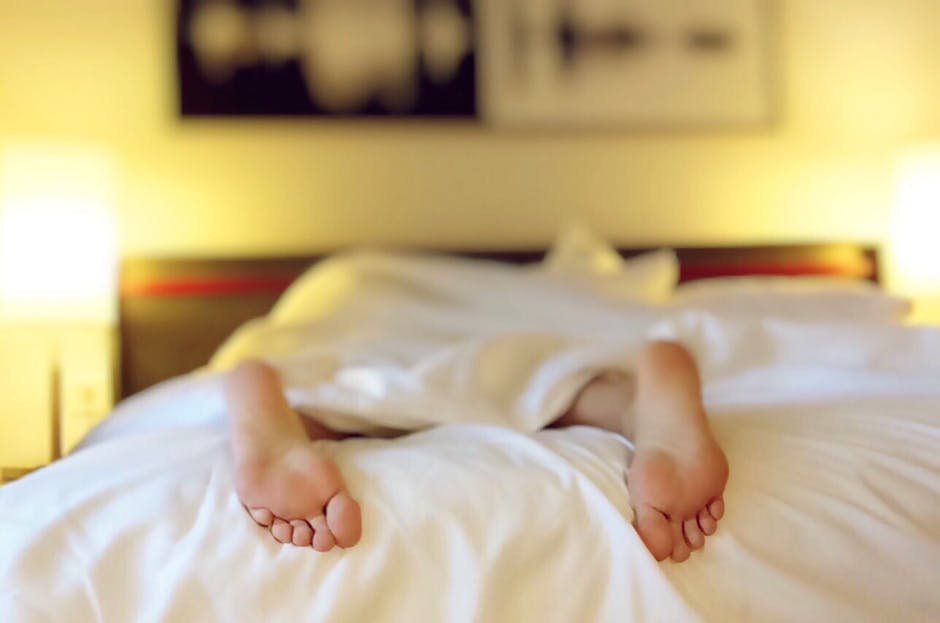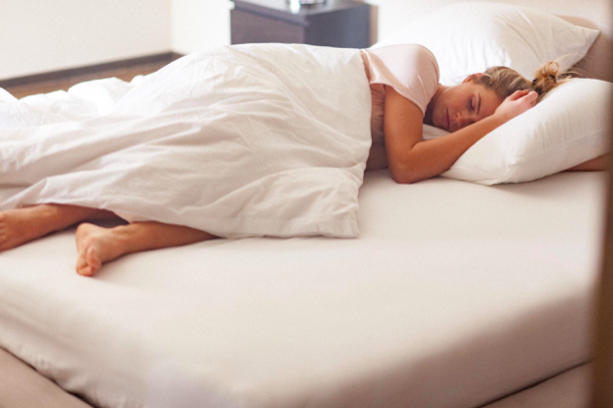Snoring is something that is regularly used as the butt of jokes, we have so many terms to describe snoring (like these) but even when complaints are laced with humor, snoring is something that can affect people’s health in a range of ways – whether they are the snorer, or are having their sleep interrupted by someone doing their interpretation of a buzz saw. To those who suffer from the effects of snoring, it is no laughing matter.
Sometimes snoring is caused by the muscles relaxing because the sleeper is absolutely exhausted. Of course, their snoring generally wakes up the rest of the household and often results to a swift pillow to the head from an awake spouse – which does nothing to help relieve the exhaustion that caused the snoring in the first place. So, the pattern continues.
However, snoring can also be caused by a range of health concerns and can mean that the window-rattling noise is only the more noticeable symptom of more serious conditions. Snoring may have only started to happen after a certain weight was reached, in which case diet may help reduce the frequency of snoring episodes (and volume) as obesity is certainly a common trigger. However, Sleep Apnea also sounds like simple snoring, except the noises made, are from when the snorer actually stops breathing for a micro period. This can cause a range of health concerns from raised blood pressure, stroke, diabetes, and depression, amongst other things.
How do you relieve the symptom?
As snoring is a symptom, you should consult your doctor to ensure that it is not a sign of something more serious. Different causes of snoring will need to look at different solutions. For example, a diagnosis of sleep apnea will likely mean you need to look into using a continuous positive airway pressure therapy (CPAP) machine.
Beyond the CPAP machine if your snoring is caused by your tongue blocking the back of your throat while you’re sleeping there are a couple of options to help find relief.
Mandibular Advancement Device (MADs)
These work to help keep your jaw, tongue and soft pallet in the correct position. In order to get a good fit MADs are generally molded to your mouth (similar to a sports mouthguard).
Tongue Stabilizing Devices (TSDs)
These are devices that help prevent your tongue from slipping backward while you sleep.
Because there is an incredibly large range of options for both MADs and TSDs it’s a good idea to lookup anti snoring devices for yourself and compare the different varieties to see which will work best for you.
Things to Look For
Obviously, the first consideration is the cause of your snoring. If it’s primarily the result of your tongue slipping back when you’re in deep sleep and causing your throat to become partially blocked, then options for MADs or TSDs should help. However, if your snoring is caused more because your mouth is dropping open then you may need to investigate other options, including chin straps.
If your snoring is the result of suffering from sleep apnea studies have shown that MADs can be helpful, but you will really need to get confirmation from a doctor and look at your full range of options long term.
Another consideration is your teeth. If you have dental issues, including having dentures, ailments that affect your jaw or undisclosed tooth pain, then MADs may not be the best option for you. Because they work by effectively moving the lower jaw a little forward and ensuring that your jaw and tongue are correctly aligned people can feel a little discomfort, particularly when they first start using these devices. However, if you have a correctly fitted device and have chosen an option that will work best for the way you sleep, and your mouth type these issues should lessen quickly.
With TSDs there are fewer issues regarding dental discomfort as they just pop in your mouth to hold your tongue in place while you’re sleeping rather than putting any pressure on your teeth. However, if you are unable to breathe through your nose or have severe sleep apnea these are not going to be the best option for you.
Studies have compared TSDs and MADs (https://www.ncbi.nlm.nih.gov/pubmed/19480232), but before you buy, make sure you know the cause of your snoring, then read reviews where you can get first-hand feedback on the products that are likely going to work best for you.

